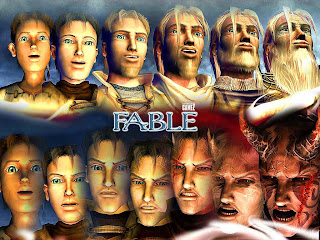" I fasted for You,
I believe in You ,
I put my trust in You,
and I break my fast with
Your sustenance"
July 20th was the beginning of the Islamic Holy Month of Ramadan.
This month is the time that Muslims remember their leader Muhammad's trip of fasting and revelation in the desert. They believe that this is the time that Muhammad was the closest to their god, receiving the Quran and instructions on how faith in god must be taught and practiced.
Not only is this to be the month that Muhammad was the closest to the Muslim god, it is followed by the Islamic people returning their whole hearts, minds, and souls back to Allah.
They fast. Every day is a sacrifice from sunrise to sunset. When their stomachs churn in agony for the food they lack, they remember how blessed they had been for food before. They use their lack of food as a daily sacrifice to their god. And, at nightfall, when they can eat again, they know that God has provided them with the food to give them the strength and nourishment they need to continue through their days.
But, at the same time, I know that we have an ever stronger faith.The followers of Islam practice what we preach. They live their lives, especially this month, for their god. As his humble servants and grateful disciples.
Perhaps, the reason for our lack of practice is our understanding of grace and mercy. God has given everything for us. Our faith given by the Holy Spirit and God's love and sacrifice is what saves us. We don't need to do anything. It's all given to us. But, we forget that if our faith is alive then our actions necessarily follow. "For as the body apart from the spirit is dead, so also faith apart from works is dead."
Where are our works?!?
I challenge you to do more: Be there for these people during this time. Show them what your faith means to you. Pray for others like Buddhists, Atheists, Agnostics, and Politicians too.
The most we could do is become inspired by these people and live our true faith even stronger than they practice theirs.
------------------------------------------------
The last week of Ramadan:
Sources for
Christian Prayer
during Ramadan:
























